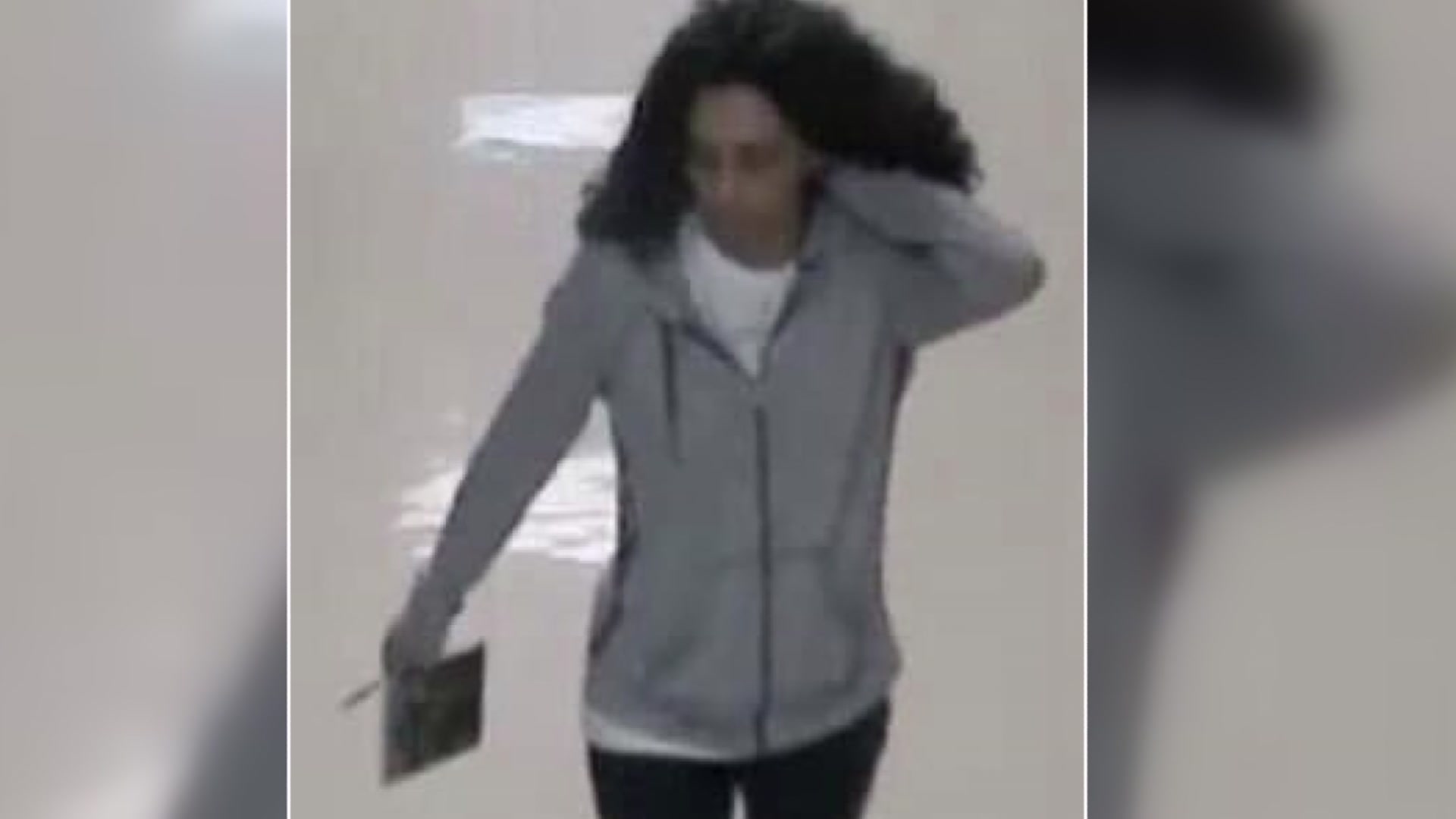For many people, the ongoing pandemic has interrupted their lives in some way, shape, or form. The same could be said for people trying to turn their lives around.
Scott Walters, PhD is with the University of North Texas Health Science Center in Fort Worth. Walters’ community-based work has recently involved the opioid crisis, and he said COVID-19 has further complicated the ongoing epidemic.
“Things are much worse than they were before the pandemic in terms of death,” Walters said, referring to opioid-related deaths.
The average death rate for opioid-related deaths is around 15 per 100,000 per year, according to Walters. Texas’ is lower, with about five per 100,000. However, Walters added the number of opioid-related deaths in first six months of 2020 are 20% higher than they were in 2019.
Like other public health issues, he said there are multiple factors. One, includes more isolation and stress.
“At the same time, it may be difficult for people to get treatment services. People who would normally go to a NA or an AA meeting or to see their counselor, for instance. If you’re having to do those things at a distance or there’s a waiting list or a barrier. So, that’s a second thing I guess,” he said, adding a third reason could be due to a change in supplies. “Not so much in terms of the normal “oxy” kind of pills, but the supplies of illicit substances have changed. People were having trouble in the early days getting the normal supply of pills or the supply of chemicals to make the pills, they started to improvise. So, what people were getting was not the normal fentanyl for instance, they were used to getting. It had a lot more volatility.”
Local
The latest news from around North Texas.
Recovery from addiction is something Erik Hernandez can relate to as someone currently going through process. Hernandez, 25, said his addiction to meth began when he was 18. That addiction included heroin soon thereafter.
“I was able to start experimenting and everything just went downhill,” said. “I couldn’t do anything without it. Without opioids, I always had to have it on me. Even if I was at work or even if I was at home, wake up in the morning, the first thing I did was opioids.”
He started treatment at Homeward Bound, Inc. in Dallas a few months ago and said as a whole, it has gone well. However, it hasn’t come without hiccups.
“Since I started being at home, I started being a little lonely. In order for me to feel just a little bit better, I decided to start using again,” he said. “The attitude I have is to excel forward in my recovery because I love it. These guys are awesome. Like I said at Homeward Bound, these guys, these recovery coaches and everything like that. Everything we do in the classes helps us out.”
Also in the fight against addictive painkiller abuse is John Peter Smith Hospital in Fort Worth. This week, JPS officials announced they were one of 10 hospitals in the country to receive a competitive grant worth $1.5 million.
The money from the Substance Abuse Mental Health Service Administration will be divided into three equal installments over the next three years. It will be used to continue the work they have already done and established programs that will help to wean patients off addictive pain killers, according to Dr. James d’Etienne.
Dr. d’Etienne is an emergency medicine physician at JPS.
“The problem with opioids permeates throughout the healthcare system so it’s going to take a multi-faceted approach to address it. As we finish this program, we’re hoping to start other programs and other grants,” d’Etienne said. “Ultimately, the goal would be to have appropriate, accessible treatment programs for opioid abuse disorder and also programs that educate the public as well as patients specifically on appropriate use of opioids if they are using them and ensuring nobody else gets their hands on them.”
For more information on the grant, click here.
*Map locations are approximate, central locations for the city and are not meant to indicate where actual infected people live.



